Project Summary: Outputs for the Components
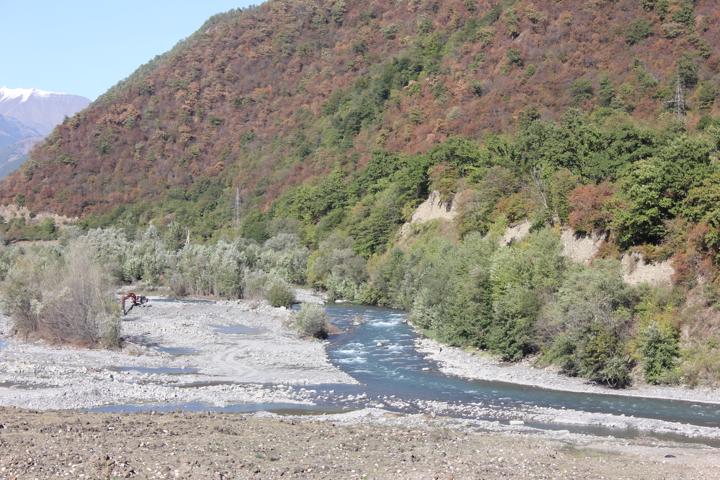 In the previous phase of the UNDP-GEF Kura Project (2011-2014) the countries identified the following main transboundary challenges for the Kura River Basin:
In the previous phase of the UNDP-GEF Kura Project (2011-2014) the countries identified the following main transboundary challenges for the Kura River Basin:
- changes in hydrological flows,
- deterioration of water quality,
- ecosystem degradation,
- flooding due to climate change
In May of 2014 the Minister of Ecology and Natural Resources in Azerbaijan and Minister of Environment and Natural Resources Protection in Georgia signed the Strategic Action Plan for the Kura River Basin – based on shared nationally priorities and critical needs for improved harmonization for integrated water 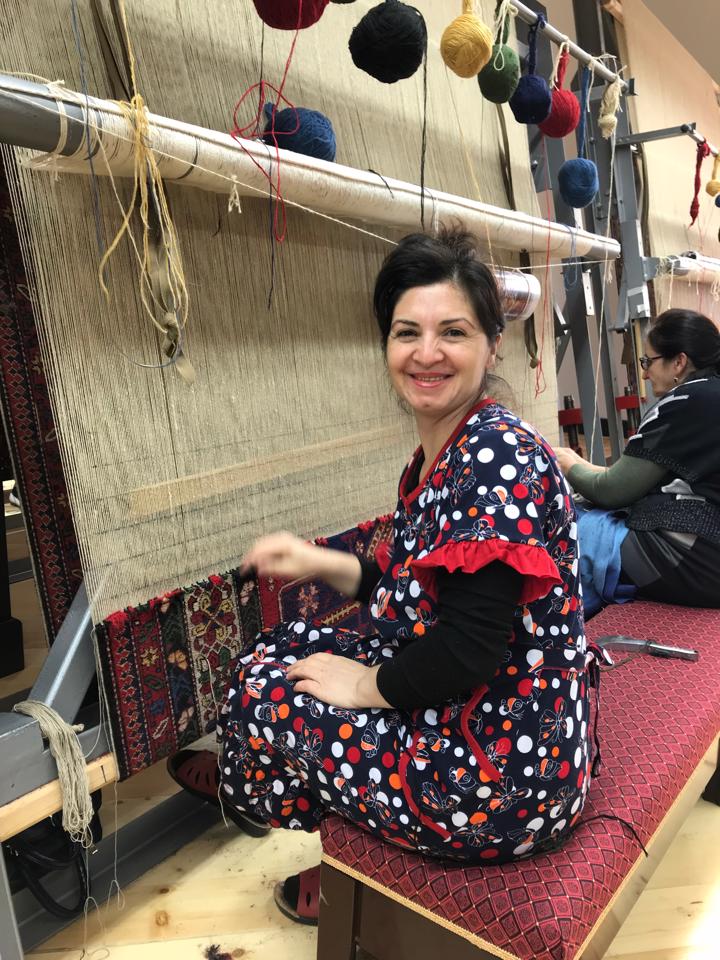 resources management (IWRM) in the Kura Basin. The Global Environment Facility (GEF) has given the countries a grant of $5.3 million USD to support the UNDP Istanbul Regional Hub to implement and execute the 4-year project, with Project offices and IWRM Training Centers in Azerbaijan and Georgia. The project has over $190 million USD in co-financing from the basin and focuses on the priority needs of the SAP. The objectives of the SAP include: Improved Hydrological Management; Reduced loss of water resources; Improved water quality monitoring programs; Pollution reduction and prevention; Harmonization of water quality standards; Assessment of the status of river ecosystems; Conservation & restoration of river ecosystems; Mainstreaming river ecosystem protection in development planning; Reduction of hazards due to floods and drought; and, Harmonized Climate Change Adaptation
resources management (IWRM) in the Kura Basin. The Global Environment Facility (GEF) has given the countries a grant of $5.3 million USD to support the UNDP Istanbul Regional Hub to implement and execute the 4-year project, with Project offices and IWRM Training Centers in Azerbaijan and Georgia. The project has over $190 million USD in co-financing from the basin and focuses on the priority needs of the SAP. The objectives of the SAP include: Improved Hydrological Management; Reduced loss of water resources; Improved water quality monitoring programs; Pollution reduction and prevention; Harmonization of water quality standards; Assessment of the status of river ecosystems; Conservation & restoration of river ecosystems; Mainstreaming river ecosystem protection in development planning; Reduction of hazards due to floods and drought; and, Harmonized Climate Change Adaptation
To meet these objective, the top priority has been given to the following project components:
- Institutional strengthening and updating for improved, sustainable IWRM
- Capacity building for professional water managers across multiple sectors,
- Demonstrating applied solutions to improve water management in critical areas,
- Increasing stakeholder awareness, education and empowerment;
- Improving the use of science for governance.
There are many cross-cutting themes that this project will highlight, including: approximation of the EU Water Framework Directive (EU WFD); climate change adaptation; intersectoral coordination and cooperation within and between Azerbaijan and Georgia; pollution abatement; gender mainstreaming; meeting Millennium Development Goals; building public-private partnerships; and, emphasizing sustainable development across the Kura Basin Region.
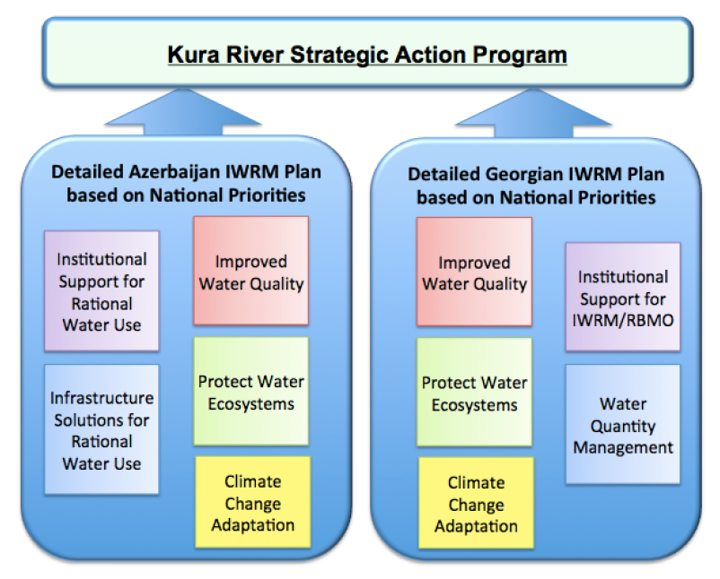
The Outputs for the Components:
1. Institutional strengthening and updating for improved, sustainable IWRM
Output 1.1 Updated regulations for environmental flow calculation methodology
· Output 1.2 Improved water flow management regulatory strategies
· Output 1.3 Institutional support for River Basin Management Organization (RBMOs) and local authorities
· Output 1.4 Pollution abatement plans developed with key stakeholders
· Output 1.5 Support to intersectoral water policy coordination and harmonization at the national and transboundary levels
· Output 1.6 Public Private Partnership to foster sustainable national and regional integrated water resources management through use of green technologies
2. Capacity building for professional water managers across multiple sectors,
Output 2.1 Capacity building training programs for IWRM professionals for different target groups
· Output 2.2 Enhanced capacity for institutions to implement river basin management plans
· Output 2.3 Strengthen capacity for enforcement of water resources protection laws and regulations
· Output 2.4 Strengthened capacity for information management, data analysis for enhanced IWRM decision-making support
3. Demonstrating applied solutions to improve water management in critical areas, through stress reduction in critical areas and pre-feasibility studies to identify investment opportunities for improving river system health
· Output 3.1 Showcase technologies to reduce factual water losses in different sectors
· Output 3.2 Conduct pre-feasibility studies for select projects identified in pollution abatement plans.
· Output 3.3 River restoration projects for improved ecosystem health using integrated flow management
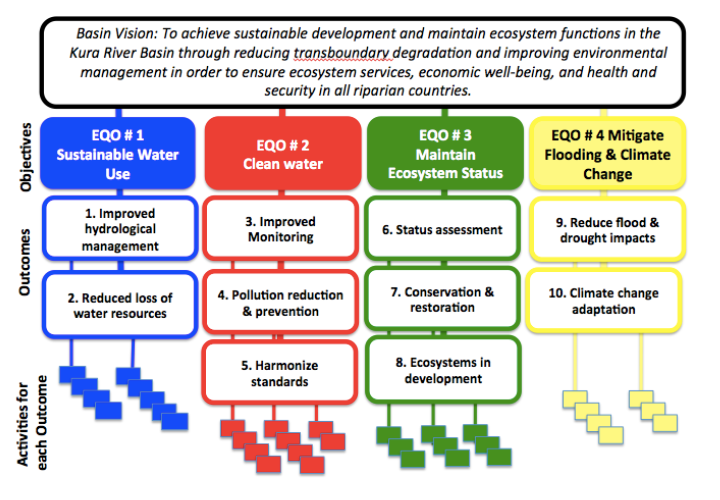 4. Increasing stakeholder awareness, education and empowerment through targeted education and involvement projects to empower stakeholders in implementing local / national / regional actions in support of SAP implementation
4. Increasing stakeholder awareness, education and empowerment through targeted education and involvement projects to empower stakeholders in implementing local / national / regional actions in support of SAP implementation
· Output 4.1 A team of diverse professional IWRM trainers to work with stakeholders
· Output 4.2 Annual academic IWRM conferences
· Output 4.3 Empowering social marketing campaigns to improve impacted stakeholders understanding of their role in water management
· Output 4.4. Local competitions and regional showcasing of local stakeholder innovations for climate change adaptation related to water
· Output 4.5 Project information and experiences shared through the coordinating offices, contributing to GEF International Waters Learning Exchange & Resource Network (IW:LEARN) activities supported
5. Improving the use of science for governance by strengthening monitoring, information management and data analysis systems for IWRM
· Output 5.1 Improved assessment of geographic distribution of ground and surface water availability and seasonal fluctuations
· Output 5.2 An assessment of the economic and social benefits per unit of water used in different sectors
· Output 5.3 Staged river system ecological assessment programs
· Output 5.4 Protocols in place to support data and information exchange, for sound IWRM decision-making at national and transboundary levels




